The good ship Labor needs to set a new course, refit and freshen the crew
There is fear aboard the good ship Labor over growing public disenchantment with government.
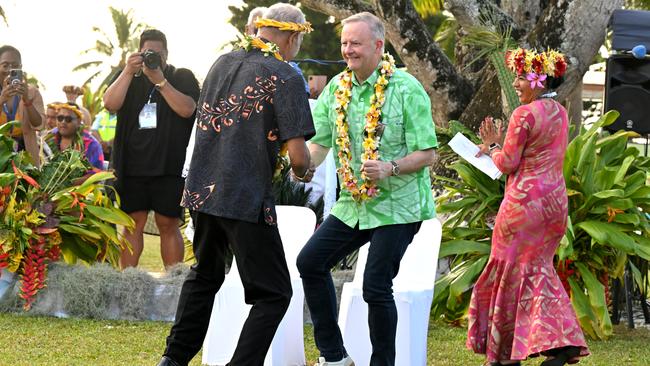
It is also arguably the most important strategic pivot in Labor’s entire first term as the government moves past the midpoint in the electoral cycle and goes into next year with an election, possible from August, that must be called by March 2025 at the latest.
The good ship Labor should be using the final two parliamentary sitting weeks of this year, starting on Monday, to clear policy barnacles and the dragging weeds of bad decisions, to set a new course, and to refit and freshen the crew. Yet poor political judgment, unpopular decisions, arrogant management, diversions from the main course and public discontent are combining to turn a cyclic refit into an emergency rescue.
After the end of one of the longest political honeymoons there is a change of sentiment within Labor and a private but palpable fear that growing public disenchantment could lead to the discord of moving to minority government at the next election. All the signs of first-term failed enthusiasms are there.
The polling trends are starting to go in the wrong direction at the wrong time for Labor in the vacuum created by the failure of the Indigenous voice to parliament, which was Albanese’s stated prime objective, and there is no positive government agenda.
Labor has fulfilled promises on aged care, medical costs, TAFE fees, childcare changes, public housing finance and relief to those on government payments, but there are key promises that remain unfulfilled – such as a $275-a-year cut in power costs – and seem impossible to achieve. There are also practical implementation problems and long-term lags for many of the decisions.
Albanese made great play of the need to “run on to the field” to compete and try to win, but at half time the government team looks bruised and running out of puff, in need of a big energy-boosting halftime orange and a new game plan.
But Labor’s only agenda for these final 2023 parliamentary sitting weeks is negative: unpopular policies on transition to a net-zero carbon economy and costly labour laws that are not helping middle Australia and business to cope with crises in cost of living and housing. This week Labor’s second tranche of industrial relations changes – the Closing Loopholes Bill – was described “as a beast” by Tasmanian independent Jacqui Lambie as she joined the Coalition in the Senate in starting to split the 278-page bill into controversial and less controversial pieces.
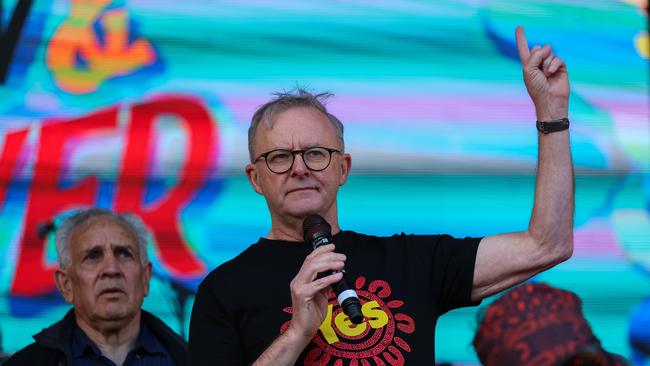
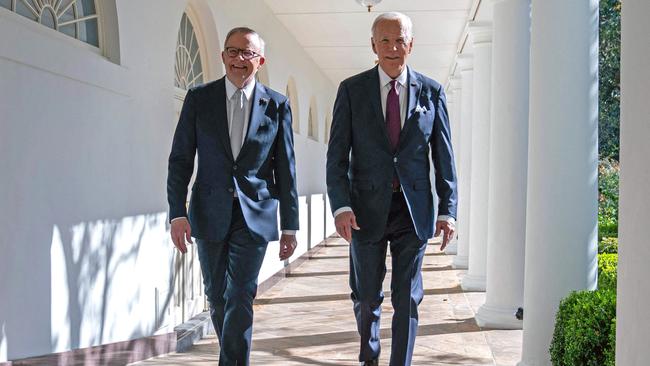
Next week in parliament Albanese is going to face the full backlash from the failure of his Indigenous voice referendum, a crushing pre-Christmas interest rate hike potentially putting millions of household budgets into the red, rising inflation fuelled by petrol and power prices, and a failure of the budget strategy to contain cost of living. As well, there is public resentment towards his big corporate partners, especially Qantas; animosity towards Climate Change and Energy Minister Chris Bowen’s decarbonisation plans so intense that one of his ministerial colleagues formally complained; and business and industry campaigns against IR changes, climate change policies and agricultural water restrictions.
There are also the international and domestic tensions created since the Hamas terror attacks on Israel where mixed messages from Labor government ministers have contributed to confusion over divisive and anti-Semitic protests in Australia as Iranian-backed militant Islamists seek to isolate and divide Israel.
To make it worse for Albanese, there is growing public anger at the amount of time he is spending on overseas travel, an anger he clearly recognises and that will be made worse next week as he truncates his appearance in parliament to return to the US to meet President Joe Biden at the Asia Pacific Economic Co-operation meeting – his second trip to the US in three weeks.
Important as these meetings are – particularly the first Australian prime ministerial trip to China in seven years – much of the importance is symbolic, with little concrete advantage coming from the leaders’ meetings. They can be counter-productive with Australian voters who ridicule “Airbus Albo” and believe he is out of touch with their main concerns.
Despite the obvious benefit of Albanese’s trip to China and his meeting with President Xi Jinping to stabilise relations, the optics of celebrating the expected return of Australian lobsters to the tables of China’s rich and the cheesy re-enactment of Gough Whitlam’s historic trip to the Great Wall of China 50 years ago don’t play well with the domestic audience.
Polling shows that China’s aggressive behaviour has reversed Australians’ approval of China in the region, which is now seen as a threat. Besides, should the overturning of unjustified, illegal and threatening bans on Australian exports to China be worthy of thanks and celebration?
Albanese’s trip to the Cook Islands for the Pacific Islands Forum also was necessary and a sign of Australia’s engagement in the region. But, again, domestically the danger is that it is against a backdrop of malign Chinese loans to small Pacific nations, demands for more from Australia to fight carbon emissions, and a political ploy from Labor to garner support from Pacific nations for Australia’s bid to host the 2026 global climate change summit.
Try as he might with a series of speeches and articles to argue foreign travel is important and “hard work” for leaders because one in four Australian jobs depends on trade, Albanese appears to be more interested in lobsters in China than the price of fish at the local market.
As well, while the Prime Minister was away the Australian Taxation Office released figures showing the minerals industry paid more tax than all other sectors combined in 2021-22 – $42.4bn, which was more than 50 per cent of all corporate tax – to underpin the economic rebound from Covid-19.
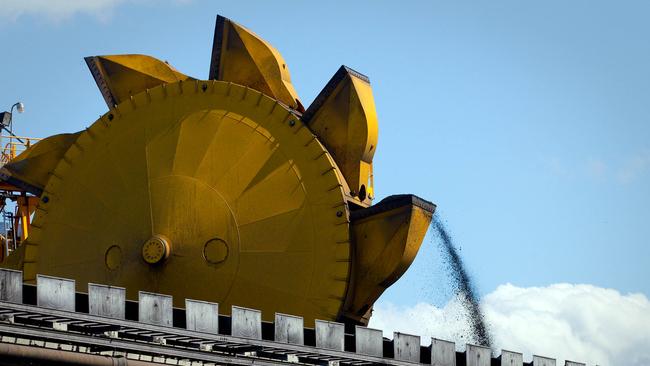
That tax on earnings came largely from record coal shipments to China, which will continue with record shipments since. At the same time, Bowen is relentlessly pushing ahead with decarbonisation plans for industry and the economy with formidable spending on rewiring the national electricity system and planting huge solar and wind turbines without full proper public consultation.
Jim Chalmers, despite putting pressure on state governments to rein in inflationary infrastructure spending, agrees with Bowen that spending even more money on renewable energy projects is necessary to reach Labor’s 2030 and 2050 carbon emission reduction targets.
At a short press conference between the Reserve Bank of Australia’s announcement of a 0.25 per cent interest rate rise to 4.35 per cent and the running of the Melbourne Cup, the federal Treasurer said: “This will make life harder for people who are already doing it tough … inflation is still a feature of our economy and inflation has been persistent in recent months.
“We are doing our bit as a government when it comes to addressing this inflation challenge: rolling out cost-of-living relief in a way that puts downward pressure on inflation rather than adds to our inflation challenge. We’ve got the budget in much better nick in recent times when inflation was most acute – the first surplus in 15 years is part of that effort. And we’re investing in energy and skills and housing.”
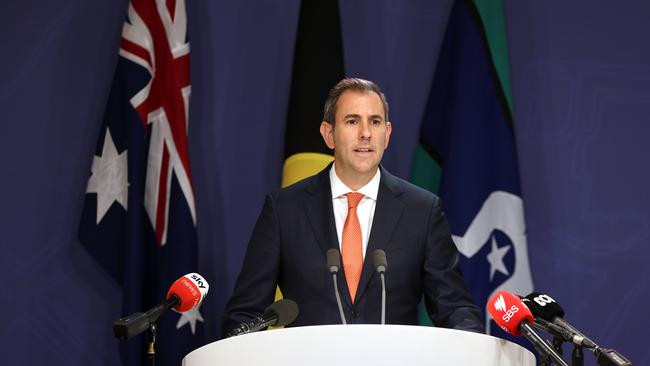
But after Chalmers brought down an inflation-busting budget, his argument is that things could be much worse – higher inflation, higher interest rates, higher cost of living, higher rents and higher energy costs – if it weren’t for Labor’s policies on childcare, welfare relief, renewable energy and housing. Albanese and other ministers are saying the same thing, but continuing to blame the previous government’s spending and claiming people are better off than they would have been is a dangerously flawed argument because people blame governments for how bad things are and don’t give them credit for things being less worse.
This was a political lesson for the Rudd government during the global financial crisis when people in Melbourne didn’t want to hear they were better off than people in Memphis. People want to see their government take responsibility and do something about people who are doing it tough.
The latest Newspoll surveys show Albanese and Labor are starting to suffer from the failure of the voice referendum combined with a lack of concentration on people’s main concerns about the cost of living.
For the first time since the election last year, Labor is below the Coalition on primary vote, and voter satisfaction with Albanese has fallen faster than it did when Kevin Rudd failed on his carbon emissions legislation. Peter Dutton is now the closest he has ever been to Albanese on preferred prime minister terms – 10 points.
Despite the dire situation for the ALP this is not the end of Albanese, as it was for Rudd, and there is time for him and Labor to recover, but they are not in the position they would want to be, nor should be – and it’s all because of Albanese’s political misjudgment on the politics of the referendum and how this affected other policies and politics.





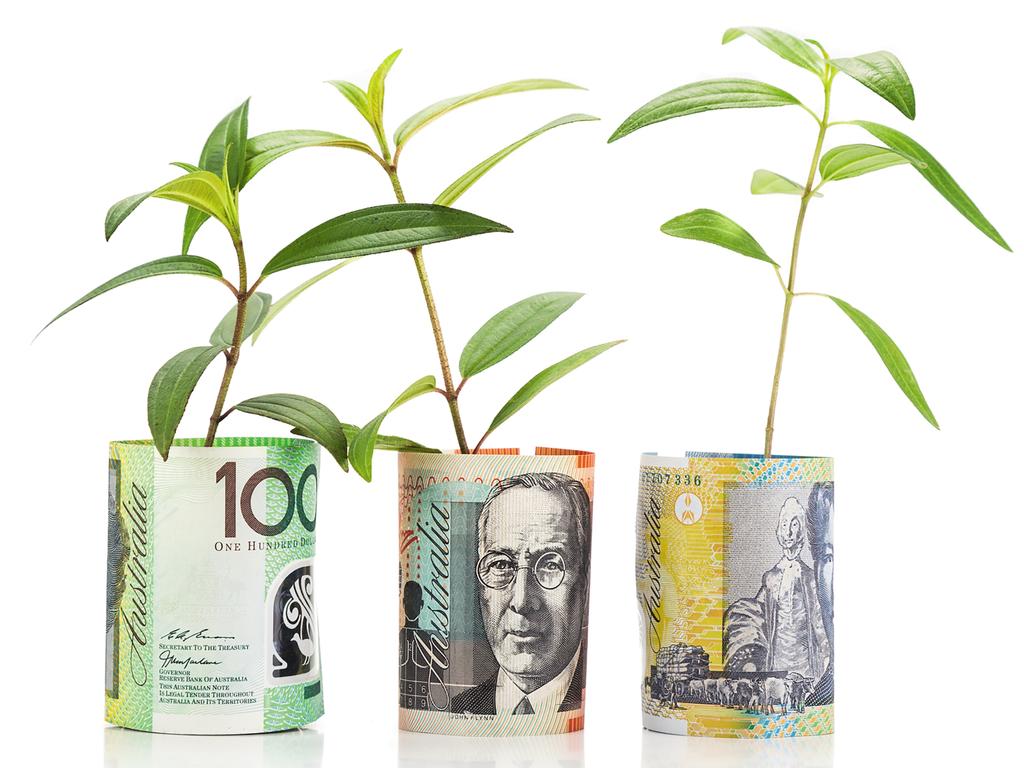


As Anthony Albanese settles back into Australia this weekend after his 19th international visit as Prime Minister, he and his Labor government need to prepare for what is going to be the most challenging parliamentary sitting since they came to government at the election in May last year.